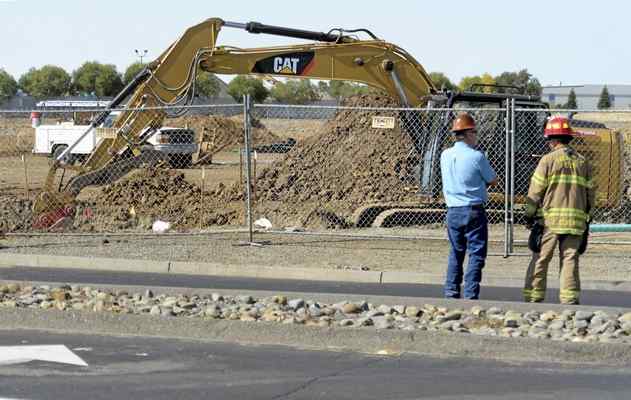Nearly four times a day in Colorado, developers, homeowners or builders hit gas pipelines while excavating or digging into the ground, sometimes with deadly consequences such as the fatal explosion in Firestone that was caused by a severed line near a home.
But Colorado officials have an inadequate system for preventing pipeline excavation damages, which are responsible for about a third of the state’s gas pipeline leaks, federal regulators have warned. Deaths in the state from excavation damage range from a contractor who was preparing a lot for construction to a person who hit a gas gathering line while digging a fence.
Records show that in 2015, nearly 1,300 gas pipelines in Colorado were damaged during excavation. The state that year issued no civil penalties or sanctions for any pipeline excavation violations, officials with the U.S. Department of Transportation noted in a September 2016 letter to the Colorado Public Utilities Commission, a copy of which also was sent to Gov. John Hickenlooper.
The lack of state penalties prompted federal officials to find Colorado’s enforcement of its excavation damage prevention laws inadequate last year. Colorado is one of 26 states to receive such a rating from the federal Pipeline and Hazardous Materials Safety Administration.
“PHMSA encourages Colorado damage prevention stakeholders to work with policy makers to pass legislation that addresses the inadequacies in the state’s excavation damage prevention program,” states the letter sent to Colorado officials.
Colorado still hasn’t addressed the concerns of federal regulators, said Tom Finch, a local contact on pipeline safety issues for the U.S. Department of Transportation. “They still have not gotten anything through the legislature,” Finch said Friday. “We told them they have to get an enforcement mechanism in place, but we don’t tell them how to do it.”
Colorado has yet to come up with a way to punish violators, said J.D. Maniscalco, chief executive of the 811 call program in Colorado, a nonprofit industry consortium that is the primary defense for preventing excavation damage to pipelines and other underground infrastructure in the state. While the program provides annual data reports for federal and state officials, no regulatory agency reviews specific damage reports it collects for further investigation.
“We provide annual damage data, but the fact of the matter is the inadequacy comes from not having a state authority looking at detailed damage reports comprehensively,” Maniscalco said.
“The one thing we find when damage occurs is that something was dropped,” Maniscalco said. “There was a failure in communication. Communication seems to always be the issue when we look at damages.”
